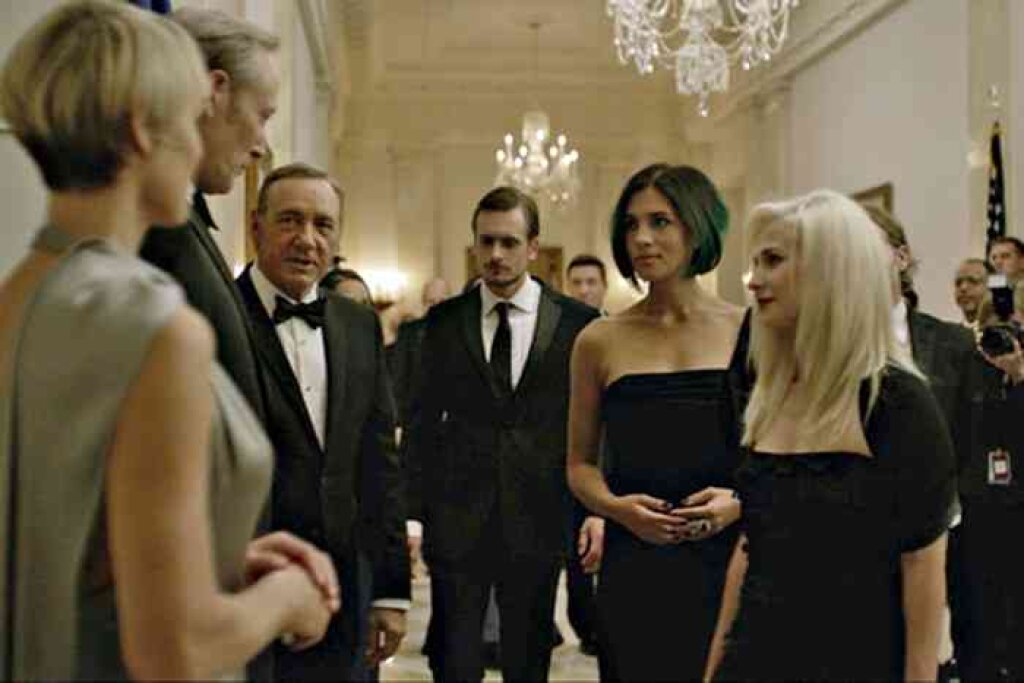This is the twenty-seventh entry of Russia’s Alien Nations: The Secret Identities of Post-Socialism, an ongoing feature on All the Russias, as well as the fourteenth entry of Chapter 1. It can also be found at russiasaliennations.org. You can also find all the previous entries here.
Pelevin’s invocation of Chekhov’s The Cherry Orchard to explain the pathos of the sovok is apt for many reasons, not least of which is that it once again connects the sovok with geography. We have already seen that the sovok is forced to share a nickname with his country of origin, suggesting a synecdochal relationship: wherever sovok-the-person goes, he bring sovok-the-country with him. This, too, is a play on classic elements of Russian national myth, which emphasize that the great-souled Russian is only at home in the wide-open spaces of his motherland. Reaffirming this myth in the 1990s is by no means neutral; it’s one thing to trumpet the glories of home when you can’t leave, and another when the entire world is suddenly open to visit.
The post-Soviet traveler who visits exotic Europe or America, only to realize there’s no place like home, is practically its own genre in the first post-Soviet years. Even commercials get into the act. When Lyonya Golubkov, the salt-of-the-earth protagonist of the serialized commercials for the MMM pyramid scheme, uses his newfound wealth to take his brother with him to California for the 1994 World Cup, they are impressed that everything there is not like at home (все не по нашему). But his brother Ivan, in what amounts to their exit interview before leaving the states, declares, “American beer is good. But our vodka is better!”
The MMM ad campaign, which I’ve written about before, was a brilliant piece of marketing, exploiting the Russian viewing public’s near-insatiable appetite for soap opera. The campaign featured a cast of characters designed to appeal to every significant demographic targeted by the pyramid scheme: the single woman, Marina Sergeevna, who trusts no one; Lyonya Golubkov, the unemployed crane operator; Igor and Yuliya, a young married couple, and the seventy-year-old retiree Nikolai Fomich. The word “sovok” is never uttered, as is to be expected; it is, after all, a derogatory term. But the aesthetic of the MMM commercials is sovok from start to finish. Everyone wears typical Soviet-style clothes, from Lyonya’s track suit to the pensioner’s shabby coat, and all of them are established as models of audience identification who carefully keep derision away.
Lyonya the crane operator is accused of being a “khalyavshchik” (freeloader) and an “oboltus" (lazy, useless idiot); his profession invoke the tropes of Soviet honest labor, but the accusations point to their inverse: the shoddy hack work of the exertion-avoidant sovok. Lyonya responses by appropriating the language of MMM itself: “I’m not a khalyavshchik. I’m a partner” (MMM’s preferred term for investor). The pensioners, unable to find their bearing in the harsh, capitalist 1990s, are the epitome of the backwards, pathetic holdovers of a bygone era. In the early days of the commercial campaign, all their desires are petty and materialistic, hence Lyonya’s famous initial response to MMM’s promise of a rapid return on investment. With a thoughtful look in his otherwise vacant eyes, Lyonya smiles and says, “I’ll buy the wife some boots…”
Small wonder that the reaction in the mainstream press was so different from the testimonials of MMM’s “partners” themselves. MMM purchased full-pages advertisements in the national newspapers, choc full of testimonials from satisfied investors (whether real or fake is impossible to determine). Op-ed writers had little but contempt for Lyonya and his ilk. The dreams of MMM’s heroes were petty and embarrassing; everything about them was low class. Presumably, that was exactly the point. Pelevin identifies the sovok with the intelligentsia, but that is by no means the primary understanding of the phenomenon. MMM’s commercial soap opera reproduced the sovki as pure lumpenSovietariat, with gentle humor but little subtlety creating a simulacrum of its target audience as people deserving of both sympathy and success. MMM cast a wide demographic net, but there was one group it did not bother to represent: the intelligentsia.
Next: Rich Sovok, Poor Sovok



